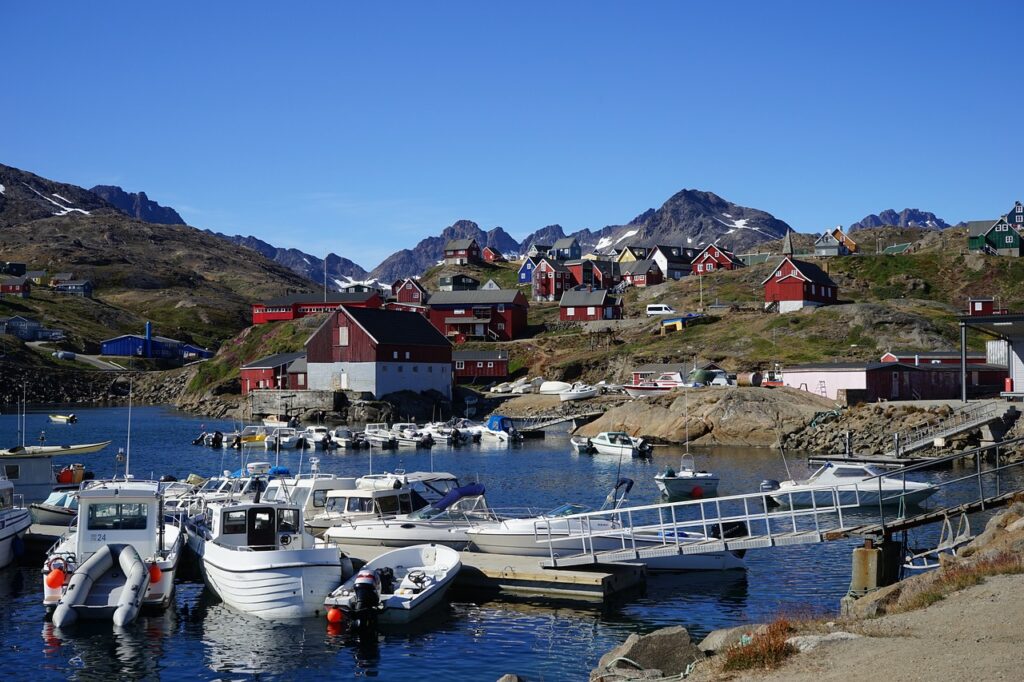Greenland has firmly rejected diplomatic overtures from the United States during a visit by Usha Vance, the wife of U.S. Vice President J.D. Vance. Accompanied by her son and a small delegation, Vance arrived in Nuuk earlier this week, with scheduled visits to historical sites and the Sisimiut dog sledding event. Her trip is set to conclude on Saturday.
Reports indicate that Trump’s national security adviser, Mike Waltz, was expected to join the delegation. However, Greenlandic and Danish officials declined formal meetings, signaling a diplomatic cold shoulder from the Arctic territory.
U.S. Interest in Greenland Fuels Controversy
The United States has long shown interest in Greenland, with former President Donald Trump openly discussing the idea of bringing the island under U.S. control for strategic purposes. Earlier this year, Donald Trump Jr. made a high-profile visit to the region, further escalating tensions.
These diplomatic maneuvers have sparked public outcry across Greenland. Protests erupted in Nuuk and other cities, with local leaders reaffirming that Greenland’s sovereignty is non-negotiable. The repeated assertions from Washington regarding Greenland’s strategic importance have only deepened skepticism and resistance among Greenlandic officials.
Political Tensions Rise Amid Greenland’s Government Transition
Greenland is currently undergoing a political transition following parliamentary elections, with municipal elections scheduled for early April. As the country focuses on forming a new government, officials have remained wary of foreign interference.
Lawmaker Aaja Chemnitz criticized the U.S. delegation’s visit, arguing that it disrespects Greenland’s self-governance. Chemnitz emphasized that Greenland has no interest in negotiating its status and that continued external pressure could damage diplomatic relations with the U.S.
Greenland’s Strategic Importance on the Global Stage
Greenland’s vast natural resources and strategic location in the Arctic have made it a focal point for international powers. The U.S. has maintained a military presence on the island for decades, including the Thule Air Base. However, recent U.S. actions have heightened local concerns that Washington seeks greater control over the region.
Despite U.S. efforts, Greenland’s government has been strengthening ties with the European Union and other allies to maintain independence. As global interest in the Arctic grows, Greenlandic leaders are determined to assert their autonomy and resist external influence.
U.S.-Greenland Relations at a Crossroads
With Usha Vance’s visit concluding soon, the broader implications for U.S.-Greenland relations remain uncertain. While the Biden administration has expressed a commitment to Arctic cooperation, the Trump camp’s continued interest in Greenland could create further diplomatic friction.
As Greenland’s new government takes shape, officials are expected to reinforce policies that safeguard national sovereignty. For now, the message remains clear: Greenland is not for sale, and any foreign engagement must respect its self-governing status.


